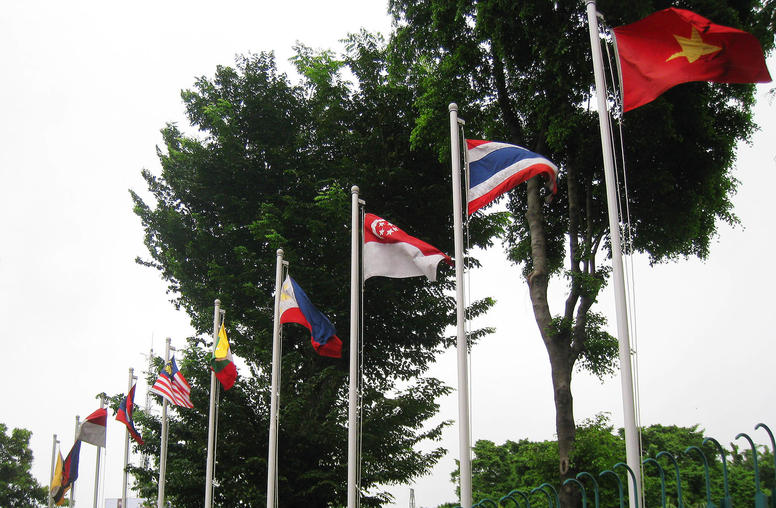 Malaysia
Malaysia
Featured Research & Analysis

Active Neutrality: Malaysia in the Middle of U.S.-China Competition
From its experience of centuries-long colonization to dealing with decades-long Cold War politics, Malaysia is no stranger to navigating major power competition, which it sees as a recurring reality in international politics. Today’s U.S.-China rivalry is just the latest round — it is not the first and it will not be the last. Still, it is important to consider how U.S.-China competition impacts Malaysia and how it, like other small and secondary states in the region, seeks to exercise agency. Even as this major power rivalry intensifies and limits the country’s space for maneuvering, Malaysia insists on employing “equidistant diplomacy” to hedge against multiple risks and cultivate long-term options.

Use of Terrorist ‘Dropouts’ to Boost Defections: Dangerous Business
A former Singapore intelligence analyst examines government efforts to support terrorist group defectors in campaigns to de-radicalize others. She cautions that most such “dropouts” have merely adjusted their views rather than rejecting violence outright.
Project on Conflict, Democracy and Security
Led by Daniel Brumberg, senior adviser to the Center for Conflict Analysis and Prevention, this project examines the conditions surrounding political reform in unstable and/or divided societies, aiming to provide a guide for peaceful and inclusive democratic transformation.
Current Projects

Religious and Psychosocial Support for Displaced Trauma Survivors
Since spring 2021, USIP has been identifying best practices in psychosocial support to better facilitate collaboration and cooperation between religious actors and mental health professionals who provide services to conflict-affected communities, including trauma-affected displaced persons. This thematic area of work focused initially on Latin America as a pilot region and has since expanded to the Asia and European contexts — offering practical and evidence-based recommendations to relevant stakeholders.

Southeast Asia in a World of Strategic Competition: An Essay Series
Great power rivalry between the United States and China is frequently described in bilateral terms, with regions of the world — including Southeast Asia — merely serving as arenas of competition. But this framing ignores the agency of third countries in managing the risks and opportunities presented by this competition. To explore these countries’ agency and the corresponding policy options, this USIP essays series includes contributions from 10 Southeast Asia-based experts. Each essay provides one country’s perspective on how the members of the Association of Southeast Asian Nations (ASEAN) perceive and respond to strategic competition between the United States and China.